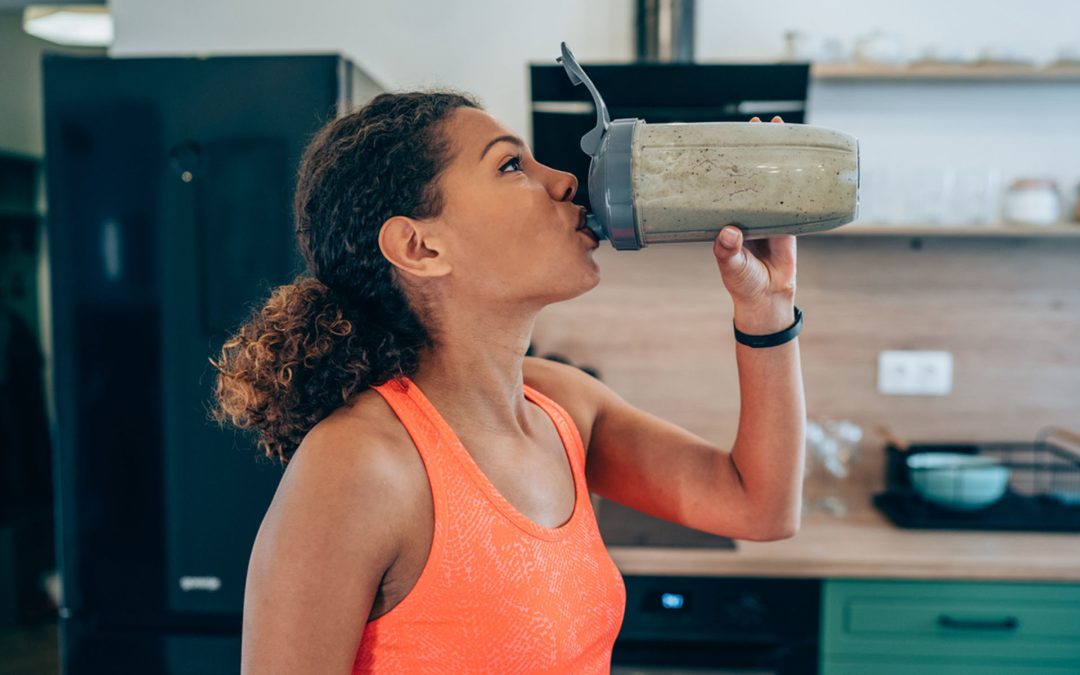Hungry post-workout? Given the calories burned, this will come as no surprise, but what you eat after exercising can affect how your muscles respond. While there’s no one post-workout meal that will work for everyone, there is one particular macronutrient we should all be sure to eat after breaking a sweat: protein.
On a recent episode of the mindbodygreen podcast, functional medicine doctor Gabrielle Lyon, D.O., gives her opinion on how much protein you need post-workout and where to get it. Here’s her perspective.
How much protein should you eat after a workout?
“If you are younger, the post-training window for protein doesn’t really matter,” Lyon explains. If you meet your overarching daily protein needs, you don’t necessarily need to pack in a protein-heavy meal after your workout.
Translation: In Lyon’s perspective, there’s no need to pound a protein shake post-exercise in your 20s and 30s unless you want to.
For anyone older than that, however, protein post-workout becomes more important. “As you get older, the blood flow to the muscles increases post-training, and there’s really good data to suggest that older muscle can respond like younger muscle post-training with the addition of dietary protein,” Lyon says. Yes, you may be able to make your muscles act younger—which, in turn, may help you live longer, according to Lyon.
So how much protein should you aim for post-workout? “I would say 30 grams of protein post-training is a great strategy for nearly everybody,” Lyon says. (Regardless of whether or not you just worked out, eating at least 30 grams of protein at a time is considered a good strategy for building muscle.) And in general, eating within two hours of wrapping up your workout is considered an optimal refueling window to maximize muscle growth.
If you’d like to take a more personalized approach to your daily protein goals, Lyon also offers this simple calculator:
Of course, not all protein is created equal. Most protein sources are composed of different proportions of around 20 amino acids. These protein building blocks all have their own role to play in repairing body tissue, and leucine is considered one of the most important for muscle protein synthesis. For this reason, consuming at least 3 grams of leucine is recommended post-workout.
You can opt for leucine-rich animal or plant protein sources to fill this quota. Here’s a list of a few key players and how much protein they contain per serving, so you can build your next post-workout meal.
At the end of the day, everyone has different nutritional needs, and it’s important to honor your own. And while there isn’t one perfect food to consume post-workout, Lyon reminds us that focusing on protein can encourage better muscle response. For yummy ideas, look no further than this gut-health-doctor-approved protein smoothie and protein-packed caramelized onion frittata.

